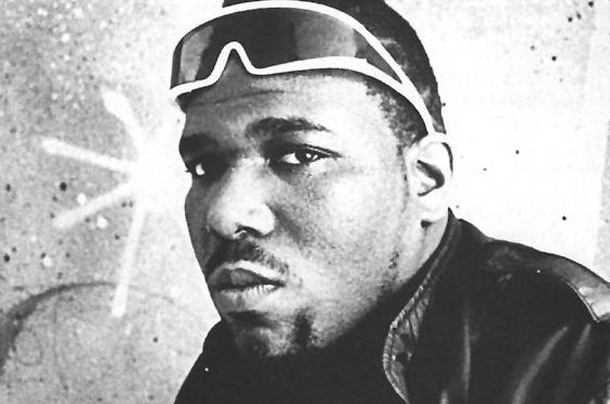A New York politician has accused hip-hop pioneer Afrika Bambaataa of child molestation. Ronald Savage, former member of the New York State Democratic Committee, and currently a judicial delegate in the Bronx, revealed the terrifying news in his 2014 memoir, Impulse, Urges & Fantasies: Life Is A Bag of Mixed Emotions Vol. 1.
Afrika Bambaataa is largely considered one of the founding fathers of hip-hop as we know it, an influencer on musical and cultural levels, widely hailed as one of the most important figures in the history and development of the genre. Savages book – his second – paints him in a very different light to what the world has previously known, however.
Savage took to Star’s Shot97 radio show to discuss his memoir, and this week, an emotional interview was released which delves into Afrika Bambaataa and Universal Zulu Nation, the hip-hop organisation founded by Afrika, real name Kevin Donovan, now 58 years old.
“It took me this long to actually get this out and really talk about it freely,” said Savage.“I wanted to be down with the in-crowd, not really understanding that what [Afrika] Bambaataa was doing to me was actually molesting me. I knew it was wrong. I just had these feelings that was like, ‘yuck.’ Over the years, as I was getting older, I wanted to report this. I wanted to come forward. Out of fear of the [Universal] Zulu Nation, out of fear for my family, fear for me, fear of anything that can possibly happen, [I did not]. I was ashamed [and] embarrassed because things like this usually happen to women—to girls. Guys don’t really talk about it.”
Savage called Afrika “DJ Battle” throughout his memoir. He wrote that his relationship with Afrika Bambaataa began in around 1977, and that the molestation began when he was around 13 years old.
Savage had been introduced to the Universal Zulu Nation by his sister’s boyfriend. There, he was given the moniker “Bee-Stingér,” and there he met Afrika. ”The very first time that this ever happened to me, I was in school and I was cutting. I needed a place to go, so I called Bambaataa [to see] if I could go and hang out at his house. I had no knowledge of none of the stuff [sic] that Bam’ does. When I went over to Bam’s house, he had me go over to his room. I was watching television. That’s when Bam’ came over and he had took his penis out he had started jerking it off—masturbating. [Then] he asked me to do it. I’m looking at him like, ‘What?’ He told me that it was okay. At that time, I have this [famous] guy: Afrika Bambaataa [of] the Zulu Nation…I was confused. I really didn’t know what to do, but I wanted to be down. So I did take it out and Bam’ told me to jerk it. I didn’t know what ‘jerk it’ meant at that time. So he actually jerked it for me.
“I remember me being scared. I remember him, after that, leaving out of the bedroom. Then another guy came in the bedroom and he took his penis out. I remember getting up off of the bed and getting out of the house. I remember running. I remember a lady on the highway stopping her car. I got into her car. I remember crying and I told the lady what happened; she dropped me off at my school. That was the first time that that had happened.”
Savage went on to say that, while “a lot of this is blacked out because I was trying to forget about it,” the molestation occurred more than five times, and that it always took place as the result of Afrika actively pursuing Savage. “Bam’ would contact me. He would call me at my house to tell me that he was coming over. It’s not like I was calling him to come over. Come on. He pursued me.”
The emotional interview is revealing and graphic, with Savage stopping throughout, as he can be heard sobbing. He goes on to speak about how he has almost never been able to talk about the incident, and that the alleged molestation led to depression and attempted suicidal later in life.
Nearly three decades later, Savage, who never reported the incident is taking action. “Today I had spoken with a member of the New York City Council. I had told her before what happened to me, but was not ready to [go public]. I told her that it’s unfair that I can’t bring charges to Bambaataa because of the statute of limitations. I want to be able to fight to make sure that there are no statutes of [limitations]. Because people who have not been a victim cannot say how many years it should be before you come forth. I’m just coming forth now, and I’m able to talk about.”
Listen to the interview below.
Source: Ambrosia For Heads
Image: FACT

